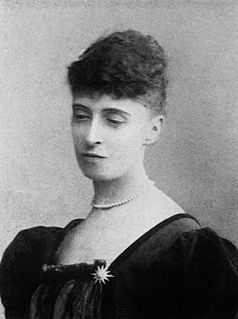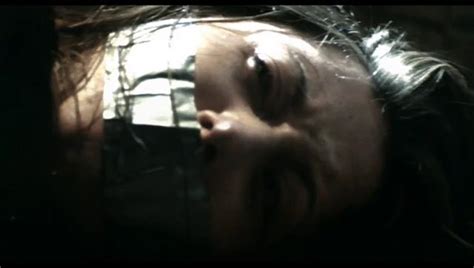A Quote by Frank McCourt
You never know when you might come home and find Mam sitting by the fire chatting with a woman and a child, strangers. Always a woman and child. Mam finds them wandering the streets and if they ask, Could you spare a few pennies, miss? her heart breaks. She never has money so she invites them home for tea and a bit of fried bread and if it's a bad night she'll let them sleep by the fire on a pile of rags in the corner. The bread she gives them always means less for us and if we complain she says there are always people worse off and we can surely spare a little from what we have.
Quote Topics
Always
Ask
Bad
Bad Night
Bit
Bread
Breaks
Chatting
Child
Come
Complain
Corner
Could
Few
Find
Finds
Fire
Fried
Gives
Heart
Heart Break
Her
Home
Invites
Know
Less
Little
Means
Might
Miss
Money
Never
Night
Off
Pennies
People
Pile
Rags
Says
She
Sitting
Sleep
Spare
Strangers
Streets
Surely
Tea
Them
Us
Wandering
Woman
Worse
Related Quotes
The difficulty will be to keep her from learning too fast and too much. She is always sitting with her little nose burrowing into books. She doesn't read them, Miss Minchin; she gobbles them up as if she were a little wolf instead of a little girl. She is always starving for new books to gobble, and she wants grown-up books--great, big, fat ones--French and German as well as English--history and biography and poets, and all sorts of things. Drag her away from her books when she reads too much.
Franny has the measles, for one thing. Incidentally, did you hear her last week? She went on at beautiful length about how she used to fly all around the apartment when she was four and no one was home. The new announcer is worse than Grant - if possible, even worse than Sullivan in the old days. He said she surely dreamt that she was able to fly. The baby stood her ground like an angel. She said she knew she was able to fly because when she came down she always had dust on her fingers from touching the light bulbs.
For she was a child, throwing bread to the ducks, between her parents who stood by the lake, holding her life in her arms which, as she neared them, grew larger and larger in her arms, until it became a whole life, a complete life, which she put down by them and said, "This is what I have made of it! This!" And what had she made of it? What, indeed?
One day I'll give birth to a tiny baby girl and when she's born she'll scream and I'll tell her to never stop I will kiss her before I lay her down at night and will tell her a story so she knows how it is and how it must be for her to survive I'll tell her to set things on fire and keep them burning I'll teach her that fire will not consume her that she must use it
I don't know about you, but I have to sleep. I had a long night and I'm exhausted." She was rather tired, too. But as she slid her gaze to the fake leather sofa, she realized it would never fit both of them. Hunter grinned at her. "You take the couch, I'll sleep on the floor." "Can you do that?" "I've slept in worse places." "Yeah, but don't you need a coffin?
Suddenly she felt strong and happy. She was not afraid of the darkness or the fog and she knew with a singing in her heart that she would never fear them again. No matter what mists might curl around her in the future, she knew her refuge. She started briskly up the street toward home and the blocks seemed very long. Far, far too long. She caught up her skirts to her knees and began to run lightly. But this time she was not running from fear. She was running because Rhett's arms were at the end of the street.
Sometimes we adopt certain beliefs when we're children and use them automatically when we become adults, without ever checking them out against reality. This brings to mind the story of the woman who always cut off the end of the turkey when she put it in the oven. Her daughter asked her why, and her mother responded, "I don't know. My mother always did it." Then she went and asked her mother, who said, "I don't know. My mother always did it." The she went and asked her grandmother, who said, "The oven wasn't big enough."


































